Photographs: Reuters Divya Nair
As the year draws to a close, we take a look at the events that influenced the lives and careers of the student community and how!
In case you were to look at the major news announcements of 2013, you'd probably realise that it was a landmark year, particularly for the student community in India.
With a lot of fresh announcements, most of which put a smile on their faces, each month students also woke up to equally heartbreaking news that disappointed their dreams and disturbed their career plans.
As the year draws to a close, we revisit the major events that affected students the most and find out how it impacted their lives.
Aadhar card made compulsory for teachers and students in Maharashtra
The first major announcement of the year that affected students across Maharashtra was the University Grants Commission mandate making it compulsory for students, teachers and non-teaching staff in the state would have to apply and avail of their respective Aadhar cards by June 2013.
This announcement, which came in February, directly affected students who were availing of scholarships.
Those students who failed to get their unique identification numbers (UID) and Aadhar card would not receive government aid or scholarships. The deadline to enrol for the same was June 2013.
It wasn't just the students who were affected, the teachers hit too. Several complained that their salaries were delayed because they did not have the UID number.
Maharashtra has approximately 1.80 crore students studying in one lakh primary and secondary schools and teachers were of the view that it would be difficult to reach out to so many students in such little time.
Please click NEXT to continue reading...
UPSC exam format undergoes changes
Image: The UPSC's new format created a stir among studentsPhotographs: Sahil Salvi/Rediff.com
Attempting to focus its importance on general studies and awareness, the Department of Personnel and Training (DoPT) in March 2013 had introduced some significant changes in the Union Public Service Commission (UPSC)'s Civil Services (Main) examination.
Post incorporating the changes, the examination held on May 26, 2013 for the first time had a separate paper on "ethics, integrity and aptitude" that tested a candidate's attitude and approach to issues relating to integrity, probity in public life and his problem solving approach to various issues and conflicts faced by him in dealing with society.
The DoPT also changed the marks distribution of papers and increased the number of compulsory subject papers of general studies from two to four for the main examination.
The exam, as per its new format comprises four compulsory general services papers of 250 marks each, in addition to two optional papers of 250 marks each.
Until last year, there were two compulsory papers on general studies and two optional papers of 300 marks each.
While the format in itself was a blessing in disguise, what really added to the woes of students was the intervention of political groups.
Post the DoPT's announcement of the new format on March 7, several television channels and a few other national dailies reported why the new Union Public Service Commission exam for Civil Services will prove unfair to students from the vernacular medium.
Things took a political turn in Maharashtra when a couple of political parties took it upon themselves to render justice to students appearing for the exam from Marathi medium.
A few Lok Sabha members also sought government intervention representing itself on behalf of the student community.
It was soon realised that both the students and political groups had got it all wrong. (Read all about it here!)
Unlike perceived by many, the new format turned out to be advantageous for several students as the level of difficulty had been lowered to benefit students from vernacular medium.
With time, students also welcomed the decision of removing the optional regional language paper in the new format.
https://www.rediff.com/getahead/slide-show/slide-show-1-career-upsc-exam-new-changes/20130307.htm
Mumbai University alumni richer than Cambridge
Image: Mumbai University was ranked at Number 18 among top 20 institutes producing rich alumniPhotographs: Steve Evans/Wikimedia Commons
In April 2013, the alumni of the University of Mumbai made the country proud by putting us on the global map.
According to a Singapore-based wealth analysis firm Wealth X that had compiled a list of the top universities that have the richest alumni in the world, Mumbai University beat institutions like University of Cambridge and United States of America's Brown University to be ranked 18th in the world.
With the total number of richest alumni at 372 and their worth at $37 billion, the university was ranked at Number 18 in the list.
Incidentally, Mumbai University is the only university from Asia to have featured in the Top 20. Way to go!
Delhi University hosts its first ever job fair
Image: More than 20,000 students attended the job fair organised by Delhi University School Union in June 2013Photographs: Shannon Stapleton/Reuters
The Delhi University hosted its first ever job fair between June 11 and 12, 2013 at the Delhi University North Campus ground.
The two-day fair inaugurated by former chief minister Sheila Dikshit was attended by more than 20,000 students.
After the event, Arun Hooda, President, DU Student Union revealed that, "690 students were given spot offers, 1,200 students got internships, and 750 were shortlisted. The highest package was Rs 6.5 lakh and the minimum package given was Rs 1.8 lakh."
Delhi University's cut off at 100 per cent worries students
Image: The first cut off list at Ram Lal Anand College was 100 per centPhotographs: Sahil Salvi/Rediff.com
In June 2013, the first cut-off list of Delhi University for its undergraduate courses touched the 100 per cent-mark.
If it was Shri Ram College of Commerce that sparked the trend in 2011, it was Ram Lal Anand College's turn this year after it announced centum cut off for admission to its B Tech (Computer Science) course.
This year SRCC had kept its cut offs for Commerce and Economics at 97 and 97.5 per cent respectively.
However, the high cuts offs at all leading colleges continued to keep the pressure on students who were already worried about the university's four-year undergraduate programme.
Forty seven per cent Indian graduates unemployable for any job
Image: Forty seven per cent Indian graduates lacked English language and cognitive skillsPhotographs: Kevin Lamarque/Reuters
Why just students, the month of June wasn't particularly welcome for graduates as well.
A report by leading employability solutions company Aspiring Minds revealed that around 47 per cent graduates in India are unemployable for any job.
The report, which is claimed to be the first-ever national audit of employability of three-year Bachelor's degree graduates, drew inferences from data of over 60,000 graduates pan–India, based on Aspiring Minds Computer Adaptive Test (AMCAT).
It stated that nearly 47 per cent of Indian graduates were found unemployable for any sector, courtesy their insufficient English language and cognitive skills.
IIM-Kozhikode admits more than 50 percent women students
Image: The IIM-K batch of 2015 comprises over 196 female studentsPhotographs: Jason Lee/Reuters
In June 2013, the Indian Institute of Management Kozhikode created history for being the first and only management institute in India to admit 54 per cent female students into its various programmes.
Of the 361 students in the PGP 15 batch (2013 to 2015), 165 are men and 196 are women, an IIM-K press release had stated.
Delhi University implements Four Year Undergraduate programme
Image: Delhi University replaces its three-year UG prorgamme for a four year programmePhotographs: Sahil Salvi/Rediff.com
In July 2013, amidst unabated controversies, the vice chancellor of the University of Delhi Dinesh Singh gave a go-ahead to implement the Four Year Undergraduate Programme (FYUP).
The programme, claimed to bring the Indian higher education system on par with the American system of education replacing the existing 10+2+3 format of education with the 10+2+4 format like in the West. (Read about it here!)
While the new format did not affect those who were already pursuing their graduation in the 10+2+3 format, according to a feedback survey by Delhi University Teachers Association (DUTA) released in December, 91 per cent students, if given the opportunity, were keen on reverting to the erstwhile three-year-degree programme.
The survey further revealed that a vast majority of students at Miranda College and Sri Ram College of Commerce did not approve the DU’s claim that the FYUP would lead to better employability while most others felt that the new Foundation Courses introduced by the university was a 'monumental waste of time.'
Supreme Court says NO to common entrance test for medical courses
Image: The Supreme Court quashed the National Eligibility Entrance Test for medical and postgraduate medical programmes in the countryPhotographs: Rohit Gautam/Careers360.com
On July 18, the Supreme Court put a full stop to a much-cherished dream of parents, teachers and lakhs of students from across the country -- that of having a single national level entrance test for admission into any medical programme in the country.
The SC passed a judgement dissolving the Medical Council of India's notification to hold a single entrance test (National Eligibility Entrance Test, also known as 'NEET') for medical, dental and postgraduate medical programmes in the country.
The bench presided by Chief Justice of India Altamas Kabir and Justice Vikramajit Sen said that the MCI’s notification was in violation of Articles 19, 25, 26, 29 and 30 of the Constitution.
While saying so, the SC had modified its December 13, 2012 order by which it had stated that the MCI, Dental Council of India, as well as the states, universities and other institutions, will be entitled to conduct their respective examinations for MBBS, BDS and post-graduate courses but shall not declare their results until further orders.
GATE 2014 goes online
Image: The first online GATE will be held between February 1 and March 2, 2014Photographs: Sahil Salvi/Rediff.com
In July 2013, it was announced that the Graduate Aptitude Test in Engineering, also known as GATE will be held online for all streams of engineering.
Unlike in the past, where Computer Science, Electronics, Electrical, Mechanical, Production & Industrial and Instrumentation were conducted using the pen and paper method, starting 2014, exams for all subjects will be held online.
With public sectors like Bharat Heavy Electricals Ltd (BHEL) and Indian Oil Corporation Ltd (IOC) using GATE scores as an important criterion for hiring candidates, the entrance examination assumed higher importance among engineering and science graduates.
Performance in the GATE would enable them admission to post graduate programmes in engineering and science at the Indian Institute of Science, Bangalore, Indian Institutes of Technology, National
Institutes of Technology and other engineering colleges in India.
The first online GATE is scheduled on alternate weekends between February 1 and March 2, 2014.
Falling rupee shoots up overseas education costs
Image: The depreciating rupee impacted the overall cost of overseas educationPhotographs: Danish Siddiqui/Reuters
Come August 2013 and the dreams of several young students who had aspired to pursue an international degree came crashing down.
With the Indian Rupee standing at 68 per dollar, the cost of overseas education rose to a significant 10 to 20 per cent adding to the financial woes of lakhs of students and parents.
IIM-A tweaks admission criteria, non-engineers, freshers rejoice
Image: Indian Institute of Management Ahmedabad's new admission norms will benefit non engineers and freshersPhotographs: Courtesy IIM-Ahmedabad/Facebook
In August 2013, two months ahead of the Common Admision Test, several management aspirants woke up to the good news that the most prestigious management institute had altered its admission criteria to make it more student-friendly.
The IIM-A revealed that the new criteria for induction of candidates would be applicable for the PGP batch of 2014 to 2016.
Among the changes comprised the following:
- From each of five academic disciplines covering the arts, commerce, medicine, science and engineering defined by IIM-A the Top 50 or 1 per cent (whichever is lower) of the applicants with the highest Common Admission Test (CAT) scores within each category, will directly qualify to the written ability and interview rounds.
- For the rest, the school will use 'composite scores' (combining their CAT scores and 'Applicant Rating (AR)', a cocktail score of past academic grades) for interview shortlisting. (Read all about it here!)
The new criteria served advantageous for several applicants from non-engineering disciplines who have lower applicant numbers and scores.
Until 2013, the AR score would consider both the marks obtained in the master's degree and the work experience, in addition to scores obtained in classes X, XII and undergraduate studies.
The new system of selection, however, eliminates work experience and the master's degree grades from the AR.
This change aimed to bring freshers on a level-playing field with candidates having work experience.
Panjab University beats IITs and makes it to Times Higher Education world rankings
Image: Panjab University was ranked 226 in the THE world university rankings 2013Photographs: Courtesy Panjab University
In October 2013, Panjab University overpowered the Indian Institutes of Technology and claimed its top spot in the Times Higher Education World University Rankings.
The university made its debut entry, ranking at number 226 among 400 institutions worldwide.
Meanwhile, the IITs from Delhi, Kanpur, Kharagpur and Roorkee featured in the 351 to 400 bracket list.

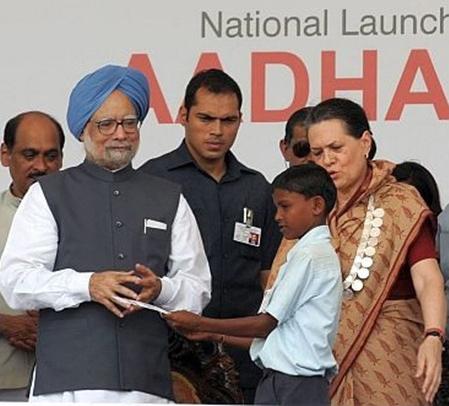
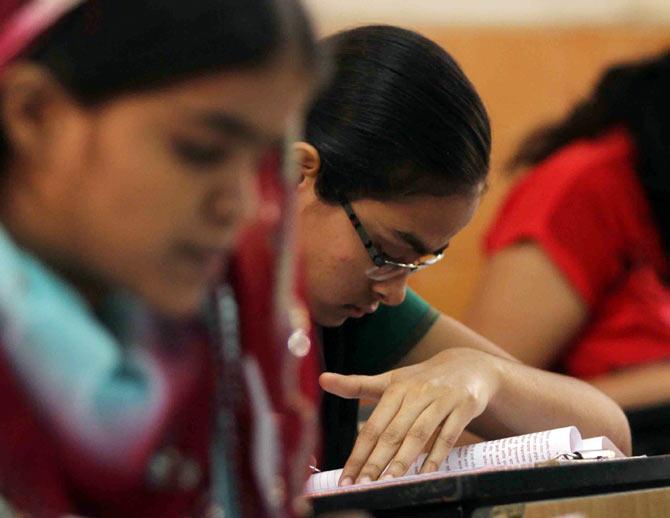
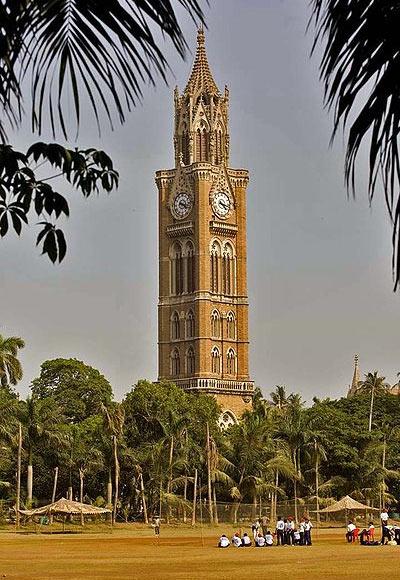
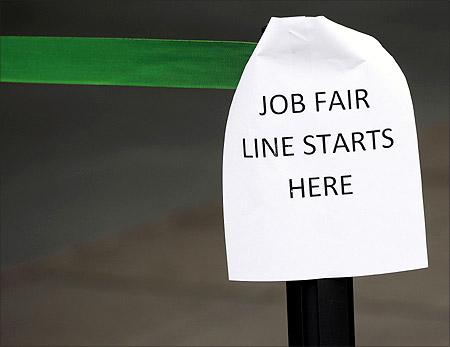
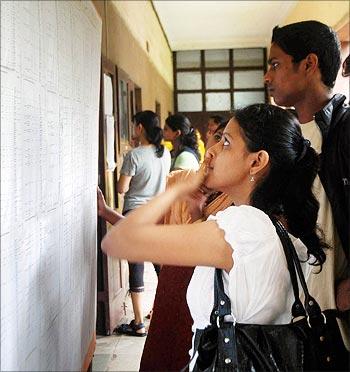
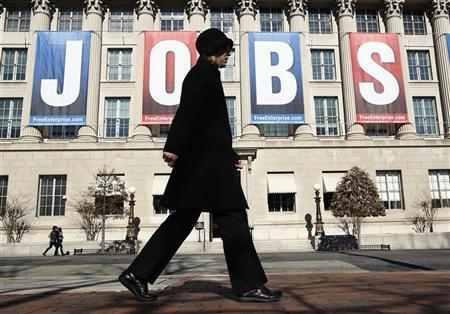
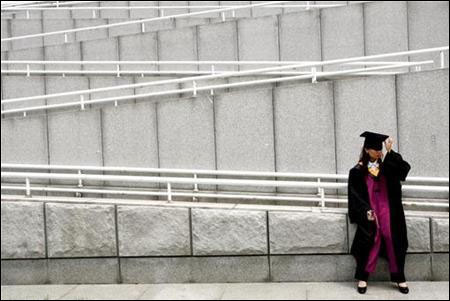
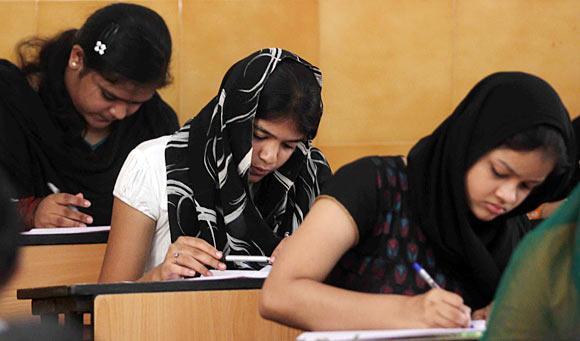
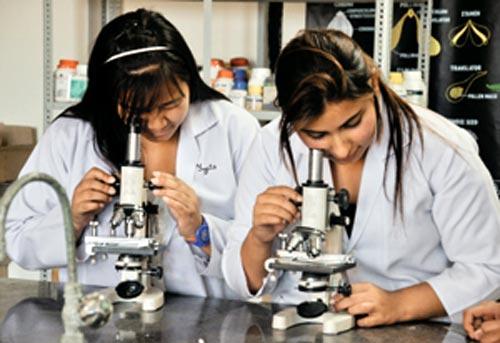
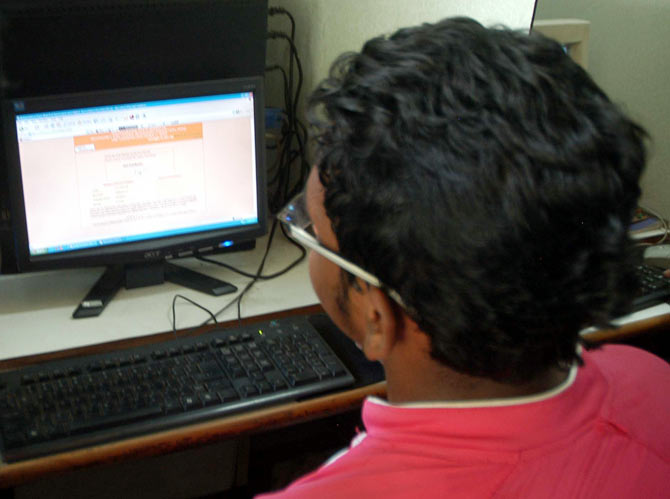
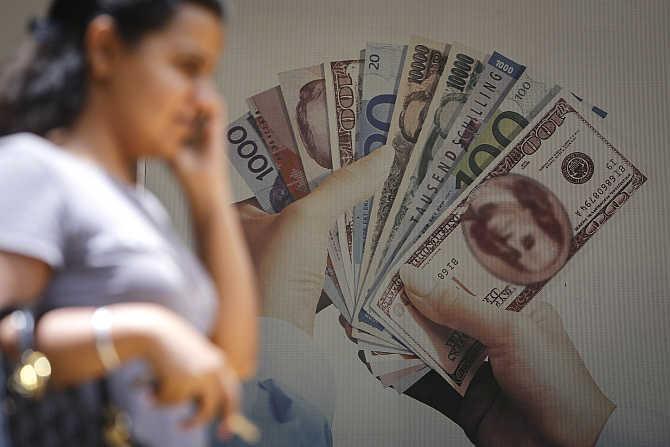
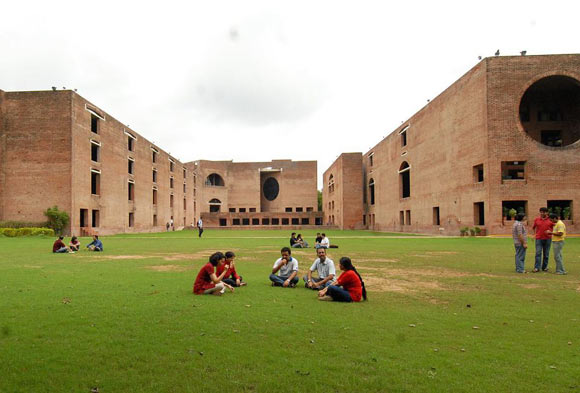
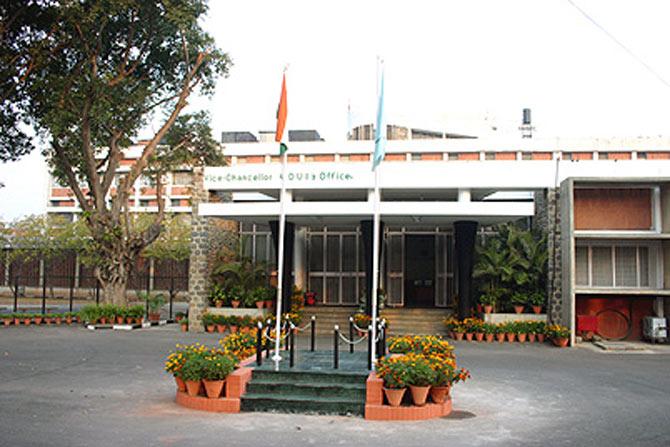
Comment
article